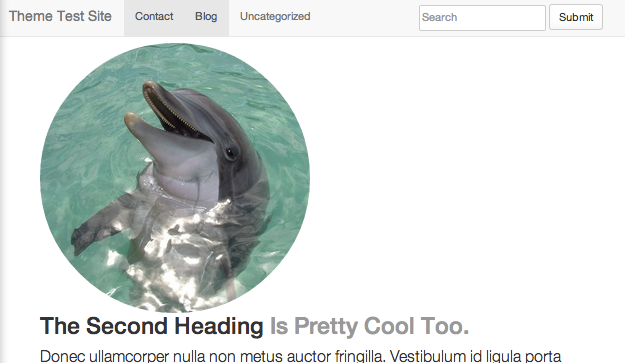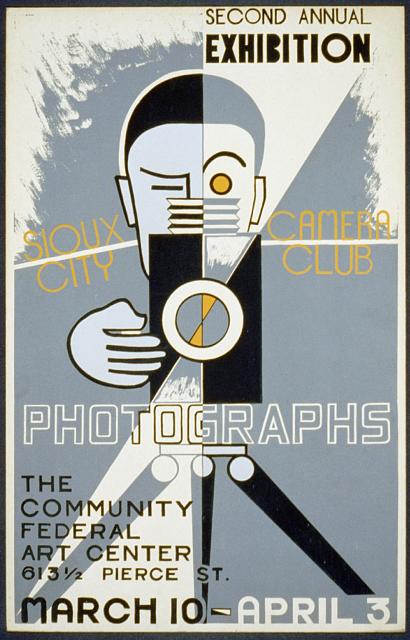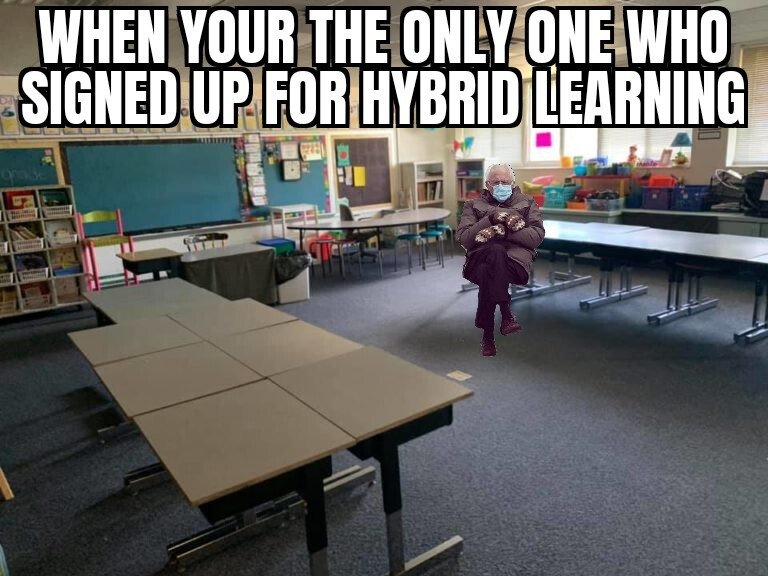
Hello, I’m Leanne and I’m a recalcitrant ITP (Interactive Technology Pedagogy) student and these are my stories…
One of the programs I was most excited for, coming to the GC, was the ITP program. Every part of the acronym spoke to my deep desire for scholar activism: Interactive Technology Pedagogy. I’ve completed my three semesters, with my final project still to come.
This blog post is about laying my original digital project to rest. Part of the motivation for this post-mortem is for me to process the distance between idea and project execution. I was/am one of those grad students who has a lot of ideas for my ITP. Big ideas get whittled down to workable ones, ideas that gripped for a week left as quickly as they came. By the end of my second semester ITP, I was still between three ideas. Prof. Mandiberg was firm but generative in our one-on-one discussions. But I still needed a scoped project that could be completed in the following semester.
The Idea
In ITP 1 and ITP 2, my cohort engaged in many productive, critical discussions about data and technology, from open education resources to counter-mapping, revealing to me a “critical data studies” canon. These frameworks emphasize the importance of scrutinizing new digital tools to prevent them from perpetuating historical injustices. Percolating in my mind is also an inspirational paper that explored crowdsourced analysis of a single dataset by 29 different research teams arriving at different results. These two hunches made me curious how operationalizing different critical data frameworks on a single dataset could reveal the affordances of each framework. In other words, what questions (and answers) become relevant or neglected, based on the critical framework you deploy.
My ITP mentor was incredibly encouraging, explaining to me how important it is. But where does one start? One valuable piece of feedback was dataset selection – it in itself is rife with critical possibility. So if even the selection of the dataset or asking a question is fraught/takes a subjective position, how can I attempt to start a data-driven project? I had the idea of randomly generating a random article within Wikipedia (fraught in its own way), the biggest umbrella category for everything “social” under Wikipedia’s universalizing gaze: Human activities. The “randomness” implies a kind of ontological universality of the method; this dataset selection method could theoretically apply to any topic.
A few “random article” clicks later: Association of College Unions International (ACUI). Pretty random! This organization even has what a social scientist might consider to be “data”: a (webscrapable) discussion forum with real professional identities of employees of college unions.
Denouement
And this is where project execution gets hard. I now have this dataset I webscraped (this action is subject to ethical consideration as well) but how DOES one apply different frameworks to it? The project would showcase how three critical data frameworks could be applied to this one corpus (text from this ACUI online forum) to examine three different questions and ultimately three sets of different “results.”
D’Ignazio and Klein would ask: who is not participating in this discussion forum? Kitchin and Lauriault would ask: what kinds of systems of thought, business models, practices, places, and infrastructure are legitimated in this forum? Do we find evidence of or contrary to privatization of public university services or carceral logics of campus security in these discussions? Gallon would ask whether these discussants inscribe the standard category of a “student” and the expectation of their humanity. And so much more!
Although these seeds of questions seemed promising, life got in the way of execution. It is easier to ask questions than to answer them. The prospect of a full literature review to deliver on three mini-research projects was intimidating and deadened my enthusiasm. Between major life changes and a burgeoning dissertation topic far afield of this topic, ultimately, I had to drop this project despite starting it with full and rapturous energy.
Failure is okay. This blog post is my attempt to join the increasing chorus of practitioners, academics who have written about project failure. While I love the idea, recognizing the enormity of the execution challenge helps me feel less guilty and clingy about what could have been.
Work on a project that fits with your larger research agenda. When I started this project, my dissertation topic was closer to critical data but now, a year and half later, it has moved away to an increasingly narrow focus. Maybe this project could reincarnate as a chapter in the dissertation, away from an online forum for college union employees.
No time/resources on an itch is wasted. I’d like to think that the time I spent working on this isn’t wasted. It gave me some clarity of the stakes and a good exercise in conducting literature review, especially one of theory. This process has informed my digital scholarship practice by helping me the stakes of theoretical decisions more clearly.






